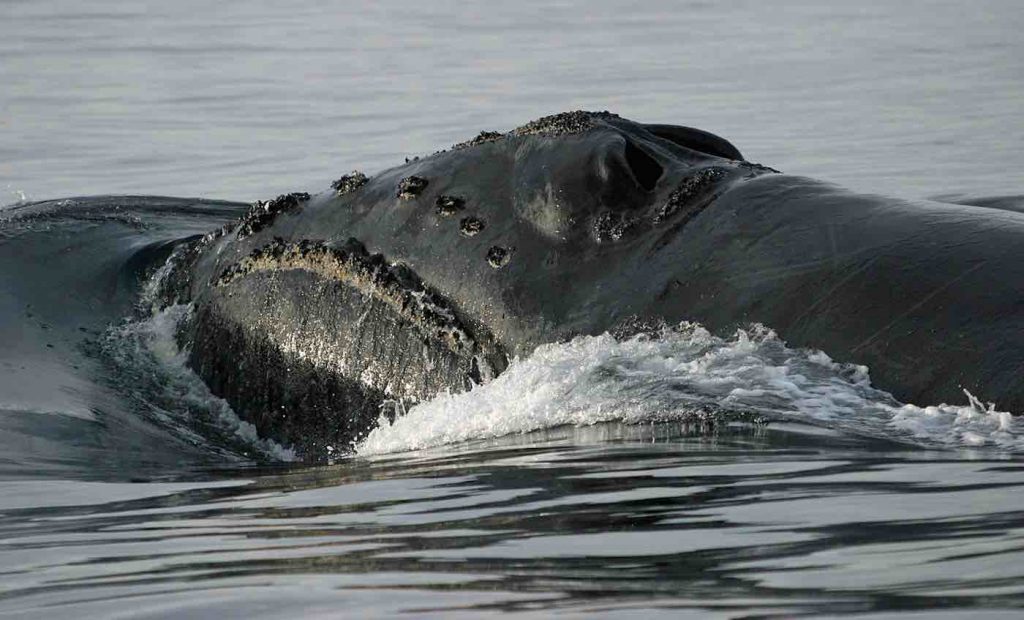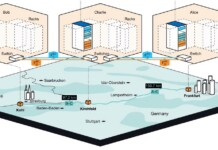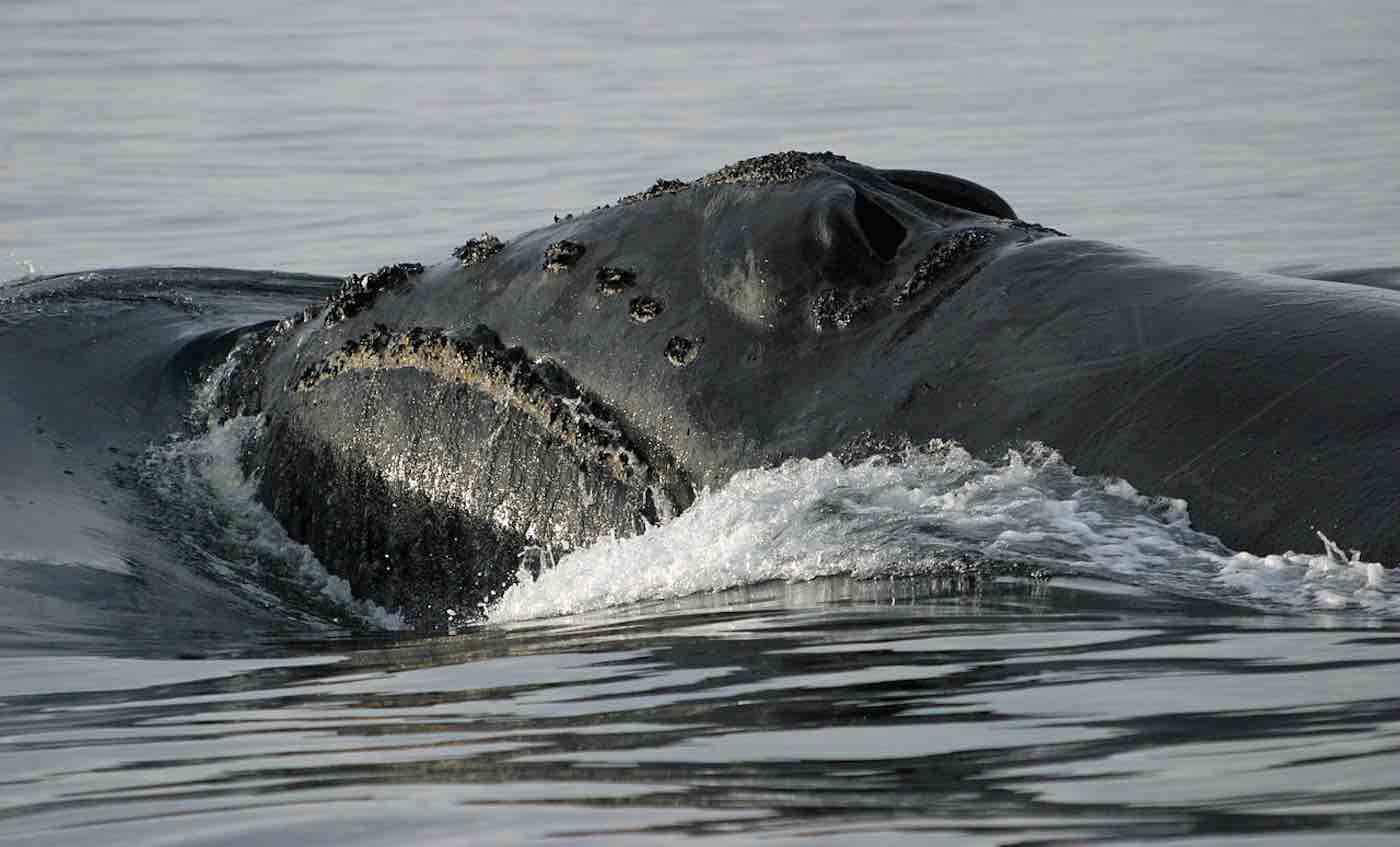Attention in the fight against climate change tends to be focused on gasoline and trees, but 75% of the planet’s surface is covered by ocean—and a natural process taking place underwater has excited scores of climate-conscious investors at the recent World Economic Forum who may want to help.
During the recent wildfires in the Amazon rainforest, journalists often portrayed trees as the “lungs of the world,” but that title most certainly belongs to phytoplankton, which alone refreshes nearly 50% of the atmospheric oxygen on planet earth—the value of four Amazons.
And, in the effort to stop the warming of the planet, our greatest allies could belong to the great blue species of whales—because of the tremendous amount of excrement left in their wake.
A new paper published by economist Dr. Ralph Chiami highlights the influence that whales, especially great blue whales—and their poo—have on climate change. It is all due to the predominance of whale fecal matter in the diets of the tiny ocean dwellers called phytoplankton.
The microscopic marine algae floats at the center of several marine food webs, and they provide food for a host of sea creatures including whales, while synergistically also requiring whale excrement to feed on. They also require carbon dioxide to survive, just like trees.
RELATED: Dutch Guy Famous for Cleaning Up Pacific Garbage Patch is Now Clearing the World’s Rivers Too
Whales, after deep-sea dives for krill and other food, return to the surface and release into the top ocean layer “fecal plumes” rich in nitrogen and iron. These plumes provide a key food source for phytoplankton which feed on non-organic nutrients like nitrates, phosphates, and sulfur.
Whales – A Public Good

In his paper, Dr. Chiami, an economist at the International Monetary Fund, suggests that since phytoplankton populations expand wherever whales are, a significant effort should be made to combat climate change by encouraging the growth and protection of whale populations.
“At a minimum, even a 1% increase in phytoplankton productivity thanks to whale activity would capture hundreds of millions of tons of additional CO2 a year, equivalent to the sudden appearance of 2 billion mature trees,” writes Chiami.
CHECK OUT: Humpback Whales Bounce Back From Near-Extinction—From Just 450, to Over 25,000
Abandoning the jargon of the scientist and replacing it with that of the economist, Chiami estimates that the financial value of a whale in terms of public good should be expressed in a clear dollar amount—so the value of a whale will serve as a better motivation to protect them.
Chiami calculated what a whale would be worth in terms of climate change by calculating the market price of carbon dioxide, the amount of carbon sequestered in their enormous bodies over their lifetime, and their economic effect on fishery enhancement and ecotourism. The figure is roughly $2 million per whale—with a total value of all the world’s whales at well over $1 trillion. Chiami continues his estimations by determining various ways of increasing whale well-being, before concluding that it would take 30 years to double the current worldwide whale stock.
MORE: Hawaii’s State Bird Soars Back From Brink of Extinction After Only 30 Birds Left on Islands
This value, according to Chiami, representing a mere fraction of the potential damage that 30 or 40 years of a warming climate would do to the world economies according to many estimations.
Interestingly, according to one report from the World Economic Forum in Davos, Switzerland where Chiami and his biologist colleague Michael Fishbach from the Great Whale Conservancy presented their whale/climate strategy to a room completely empty of scientists—and instead packed with bankers and investment managers—the duo were mobbed with interested parties who agreed that the financial world could play a large role in helping to fund whale recovery efforts.
On top of the relatively small commercial whaling operations in countries like Norway, Iceland, and Japan, whales are threatened by marine noise pollution, ship strikes, and plastic pollution. However thanks to Chiami and the aptly-named Fishbach, funding for whale conservation could drastically rise in the coming years, as a few hard-nosed financial investors consider producing an influx of cash the size of which NGOs and nonprofits have only dreamed.
Be Sure And Share This Whale Of A Good News Tale With Your Friends On Social Media…





















That’s good shit!